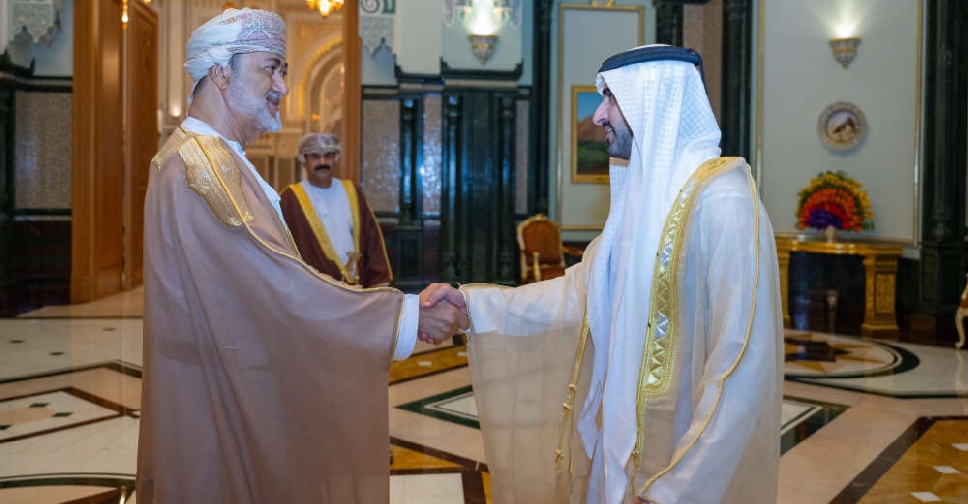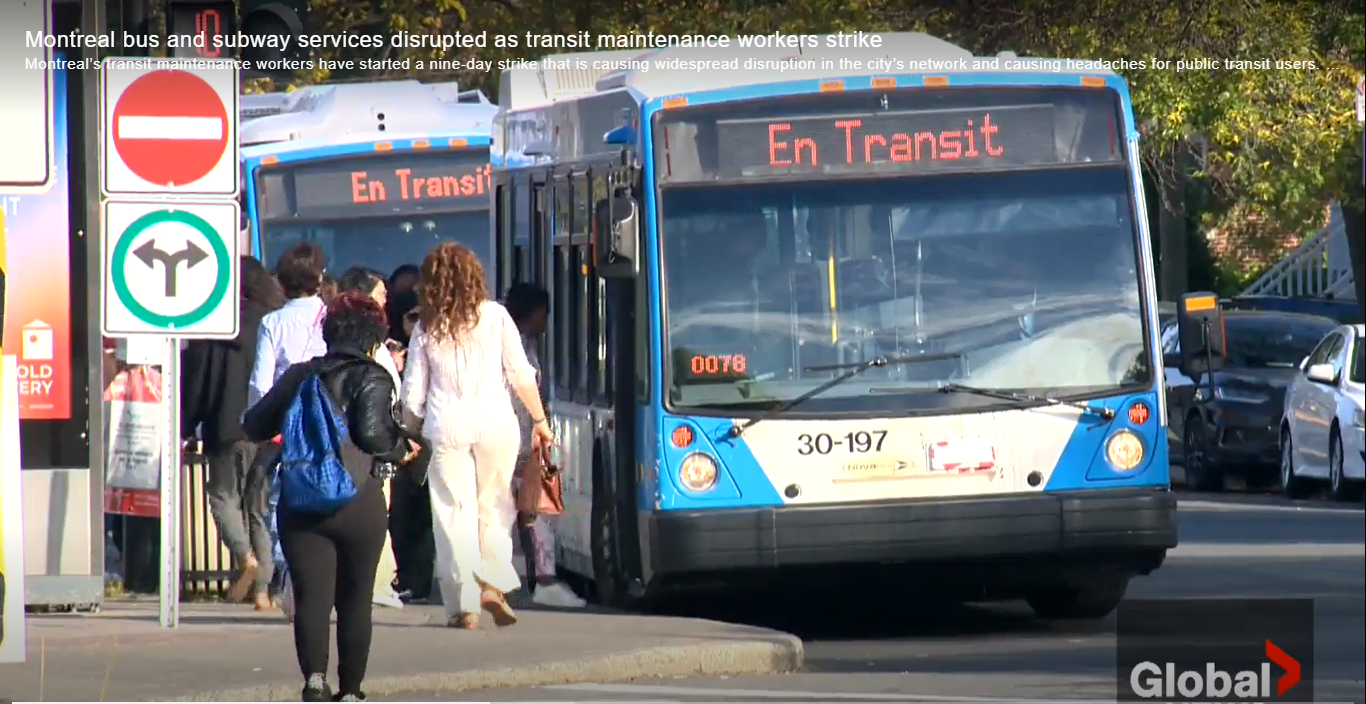A new French government-commissioned report has identified the Muslim Brotherhood as a significant ideological threat to the French Republic, citing its covert influence on Islamic institutions and its promotion of separatist narratives that undermine national cohesion.
The report, authored by former Interior Ministry official Bernard Godard, was released on Tuesday and commissioned by Interior Minister Gérald Darmanin. It asserts that the Brotherhood continues to wield indirect influence in France by shaping religious and cultural discourse within segments of the Muslim community, despite not being linked to direct acts of terrorism in recent years.
According to the 52-page document, the Brotherhood’s strategy is “long-term and discreet,” aiming to implant a version of Islam that gradually shifts communities away from Republican values such as secularism, gender equality, and individual freedoms. The report warns that this ideological drift, though non-violent, creates a breeding ground for social fragmentation and resistance to integration.
“This is not a matter of bombs or bullets, but of minds being reshaped in ways that are incompatible with the Republic,” Godard wrote. The report stops short of advocating for an outright ban of the Brotherhood in France but calls for intensified scrutiny, transparency regulations, and civic education as countermeasures.
Interior Minister Darmanin, who has championed tougher action on what he calls “Islamist separatism,” welcomed the findings. “The threat is ideological and insidious,” he said during a press briefing. “We must be vigilant not only against terrorism, but also against the ideological currents that prepare the ground for radicalization.”
Darmanin emphasized that the report would inform future policy decisions, including tighter oversight of foreign funding for mosques and increased vetting of imams. “We will not allow religious ideologies to erode the values of the Republic from within,” he stated.
The Muslim Brotherhood, founded in Egypt in 1928, is outlawed in several countries including Egypt, Saudi Arabia, and the United Arab Emirates, where it is designated as a terrorist organization. In Europe, however, the movement operates legally, often through affiliated groups, NGOs, and educational networks.
The report lists several such entities in France believed to be ideologically aligned with the Brotherhood, though it acknowledges that direct organizational links are often difficult to prove. Godard notes that the Brotherhood often functions through “influence networks” rather than formal hierarchies, making it harder to monitor and regulate.
Critics of the report argue that it risks stigmatizing the broader Muslim community. The French Council of the Muslim Faith (CFCM) issued a statement urging caution, warning that conflating ideological influence with extremism could lead to unjustified crackdowns on legitimate religious expression.
“Suspicion must not become a policy,” said Abdallah Zekri, a prominent CFCM leader. “There is a danger in painting all Islamic conservatism as a threat. We must be clear and precise in our definitions.”
Human rights organizations also cautioned against overreach. Amnesty International France expressed concern that the government’s response could lead to discriminatory practices, particularly in surveillance and mosque closures.
France, home to the largest Muslim population in Western Europe, has long struggled to balance its secular identity with religious pluralism. President Emmanuel Macron’s administration has passed several controversial laws aimed at combating Islamist extremism, including measures to monitor foreign funding of religious institutions and requiring associations to pledge allegiance to Republican values in order to receive public funds.
The new report adds fuel to an already heated debate, with the 2027 presidential election on the horizon and immigration and integration likely to dominate the political landscape. Observers say the government’s next steps will be closely watched both domestically and abroad, as France navigates the line between national security and religious freedom.
Source: Reuters



